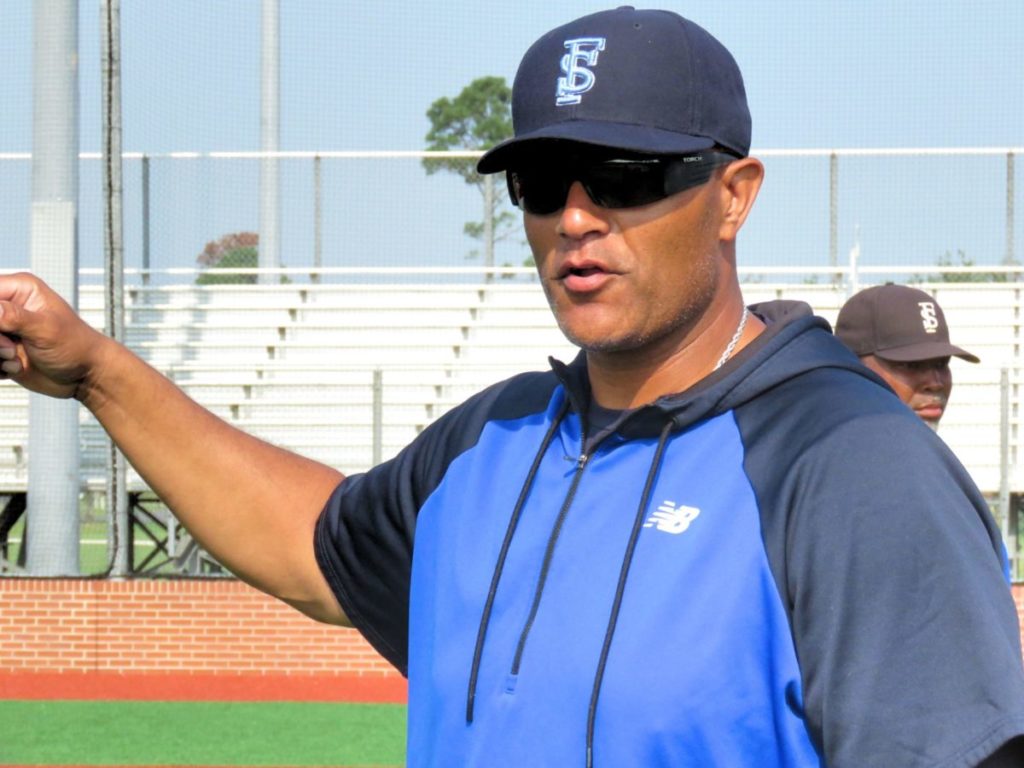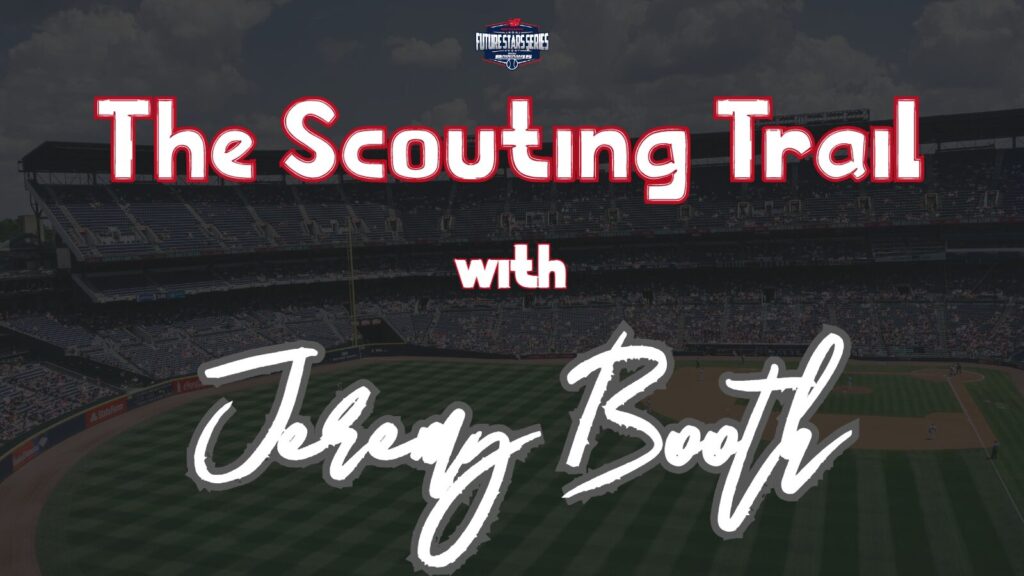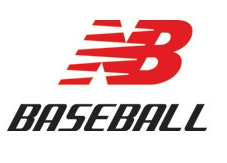After passing through Canada for the third time in 2025, the takeaway is clear: the talent is real.
From draft-eligible players to kids just entering high school, the pool runs deep. But things are built differently up there. Their age cutoffs go by calendar year, January 1 – December 31, not the August cutoffs used in the U.S., and that subtle difference matters. It’s just one of many reminders that evaluating players across countries, or even across regions, isn’t always apples to apples.
And that’s where we are right now as the game heads into summer.
Scouting. Development. Evaluation. At its core, it’s still baseball. You meet coaches, parents, and players who love this game, who want to give back, who want to help. There’s emotion tied to it, a real connection. But few want to talk about the business side. That’s where things get uncomfortable. Some avoid it because they truly just want to serve. Others avoid it because they’ve got something to hide.
The ones who can harness the emotional part? They’re pure.
The ones who can navigate the business side? They’re necessary.
The ones who can do both? These people are dangerous.
I guess that makes me dangerous.
I’ve never been here to make friends. I’m not cold, and I’m not out to tear anyone down. But I’m also not here to sugarcoat anything. I’m here to make an impact. To help this game grow. To leave it better than it was when I walked into it.
I didn’t just enter baseball, I was born into it. And I know that doesn’t sit well with some people.
The late Dan Huston once called me ‘baseball royalty.’ I’ve never embraced that title. I didn’t win at the highest levels as a player. I was a high-level amateur, a pro athlete with real ability, and I stayed employed by a club in the game for a long time. But I didn’t get everything I could have out of my playing career, and some of that was on me.
That’s probably why this matters so much to me now.

When I got into scouting, one of the first people to advise me was the late Mike Radcliff. His message stuck, and it was echoed by great evaluators, including Terry Ryan, Tim O’Neil, Deron Johnson, Sean Johnson, and respected leaders like Ray Montgomery, Jack Zduriencik, and Bobby Heck — all of whom know what real projection looks like:
“Make peace with your playing career first. Then let it come to you.”
I made peace at 25. Ask the people who played with me, against me, or scouted me, they’ll tell you I had tools. I had projection. I had buzz. But I didn’t finish that story on the field. Instead, I found my way off the field.
Now, in Year 28 of professional baseball, I’m employed in the game daily, watching, consulting, and guiding, from the majors down through the amateur ranks. I’ve scouted players globally, sat in war rooms, run player selection, and helped develop big leaguers.
I’ve worked on television, bringing this game into living rooms across the country. Fun Fact: I even have an impromptu cameo in the documentary on the Derek Jeter series “The Captain”, sitting behind home plate, scouting the game when Jeter hurts his ankle against the Boston Red Sox.
I’ve turned down working for a team for years, by choice, not because I couldn’t, but because I was sitting in Bob Watson’s living room when he instructed me to follow the path where I could have the greatest impact on the game. That led to the Future Stars Series. He was right, and I’ve never looked back.
Today, I see a game filled with potential — and problems.
Players are more athletic, that’s true. But there are more injuries. More burnout. More broken dreams. And that’s not just bad luck.
The game at the Major League level is played at an amazing speed. If you force your body to do that at 13 or 14, it will break.
I see it on the road constantly: Young kids chasing metrics, maxing out effort, swinging and throwing with reckless intent. Showcase after showcase. Exposure over development.
Who told them that was the way?
If you’re building players and encouraging max effort before they even understand how their body works, you’re not helping them. You’re breaking them.
To the so-called “evaluators” out there — especially the anonymous ones flooding inboxes with complaints about rankings, opinions, and success they secretly follow closely:
If you need a player to be perfect on paper before you see value, you don’t belong in this profession.
You don’t belong in scouting.
You don’t belong in player development.
You don’t belong anywhere near a kid’s future.
If you’re really about this game, your job is to:
• See the role
• Understand the ceiling
• Recognize the likely outcome
• Know the floor
• And help that player create value
That starts with making sure the right players are seen by the right evaluators at the right events — people who know what they’re looking at and who care about the long-term outcome.
That’s why we built the Future Stars Series. And that’s why I’m still here doing it.
I didn’t get everything I wanted as a player. But I’ve created something greater: an impact that lives far beyond me.
So here’s the truth for every young player, coach, or parent:
It’s okay to be you.
It’s okay to have your voice.
It’s okay to show your identity.
But learn balance, and learn respect — for yourself, and the game.
Because what’s being taught right now, in too many places, isn’t just bad for development, it’s teaching kids to disrespect themselves. To chase clout, rankings, validation from strangers who don’t know their story.
That’s not the game. That’s a lie.
If you want to truly compete, understand this:
You’re not competing with TrackMan. You’re not competing with the coach’s demands. You’re not competing with someone’s ranking.
You’re competing with the mirror. That’s it: You vs. You.
And the day you understand that, you start becoming what you’re meant to be.
I told you I found my way. In finding that way, I was told to stay in my place. I had incessant and unrelenting negativity thrown at me. I also had all kinds of support.
To those of you who lifted me and pushed me to keep going, thank you. I appreciate your love.
To those of you who don’t like what I do but can’t help but watch, like it or not…
You’re still a fan.
For those who are fighting to move ahead, remember it’s You vs. You. Find your place, but make sure it’s you who tells them where that is. Not the other way around.
Ever.

- BOOTH: Scouting the Underclass Premier - September 19, 2025
- BOOTH: Scouting the Fresh 50 - September 19, 2025
- BOOTH: 6 Standouts at USA Baseball 40-Man Trials - August 24, 2025












